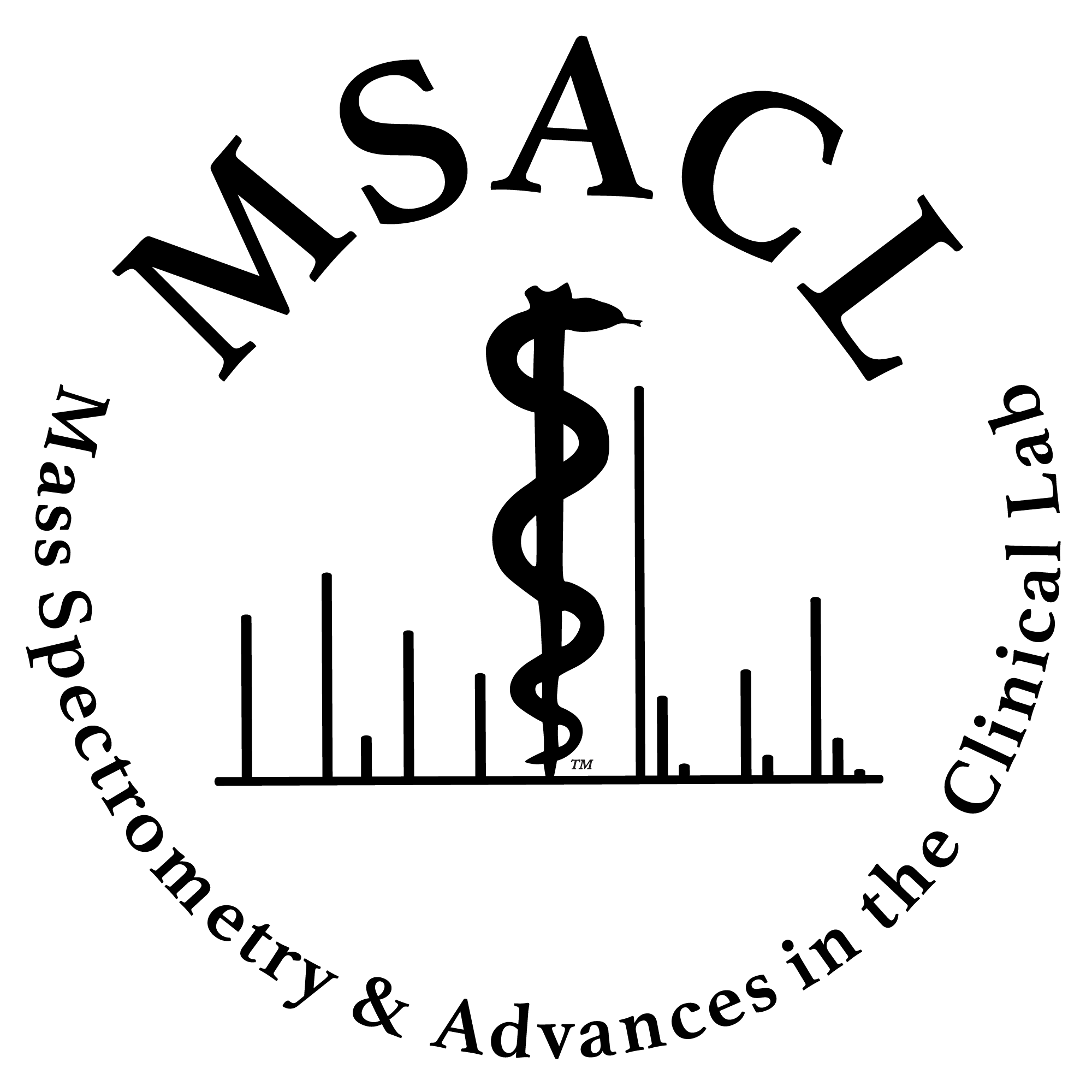MSACL 2024 Abstract
Self-Classified Topic Area(s): Small Molecule > Tox / TDM / Endocrine > Identifying High Value Tests
|
|
Poster Presentation
Poster #29a
Attended on Wednesday at 12:15
|

|
 Evaluation of the Roche Benzodiazepines II Immunoassay for Urine Drug Testing in Clinical Specimens Evaluation of the Roche Benzodiazepines II Immunoassay for Urine Drug Testing in Clinical Specimens
Mengyuan Ge (1), Adekunle Alabi (1), Michael Kelner (1), Robert Fitzgerald (1), Raymond T. Suhandynata (1,2)
1. Department of Pathology, UC San Diego Health, La Jolla, CA, United States
2. Skaggs School of Pharmacy and Pharmaceutical Sciences, La Jolla, CA, United States
|
Presenter Bio: My name is Mengyuan Ge. My academic journey began with a Bachelor's and Master's degree in Medicine, specializing in Laboratory Medicine in China. I continued my studies at the University of Miami, where I earned a PhD in Pharmacology. My research primarily focused on investigating the role of lipotoxicity in chronic kidney disease. Currently, I am a first-year clinical chemistry fellow at the University of California San Diego Health, aiming to further refine my expertise in the fields of clinical chemistry and toxicology. |
|
|
|
|
Abstract Background: Benzodiazepines are one of the most commonly prescribed medications in the United States and are frequently linked to instances of abuse and overdose. Historically, FDA-cleared benzodiazepine urine immunoassays cross-react poorly with glucuronidated metabolites excreted in urine. False negative results are especially prevalent with lorazepam which is almost exclusively excreted at lorazepam-glucuronide. Some clinical laboratories have addressed this problem with the addition of beta-glucuronidase to enhance assay sensitivity as a laboratory developed test (LDT). Roche Diagnostics recently received FDA clearance to offer a benzodiazepine immunoassay that includes beta-glucuronidase.
Methods: Performance characteristics of two FDA-cleared benzodiazepine urine immunoassays (Benzodiazepine Plus, no glucuronidase and Benzodiazepines II, with glucuronidase; Roche Diagnostics) and a benzodiazepine immunoassay LDT (HS-BENZ, with glucuronidase) were evaluated using 258 urine specimens. These immunoassays were directly compared to an LC-MS/MS benzodiazepine LDT to determine clinical sensitivity and specificity. Cross-reactivity of all three immunoassays were compared and evaluated based on the measured benzodiazepine concentrations determined by the LC-MS/MS LDT. Cross-reactivity for 7-aminoclonazepam and lorazepam was assessed using drug-free urine spiked with reference materials (Cerilliant) at concentrations ranging from 100 to 1000 ng/mL.
Results: The Benzodiazepines II and LDT immunoassays exhibited greater clinical sensitivity (100% and 95.2%) compared to the Benzodiazepines Plus assay (66.7%). Clinical specificity of 100% was observed for all three assays. Cross-reactivity of the Benzodiazepines II assay was greater across the range of benzodiazepine concentrations tested in comparison to two other immunoassays, and in particular, the 7-amino-clonazepam metabolite as it was the only immunoassay out of the three that was sensitive enough to detect the presence of specimens containing this metabolite alone. Cross-reactivity analysis shows that the Benzodiazepine II assay detected 7-aminoclonazepam or lorazepam at 300 ng/mL, while the other two assays required 800 ng/mL and 600 ng/mL for a positive result.
Conclusions: A comprehensive evaluation of these three immunoassays demonstrates that the Benzodiazepines II immunoassay has increased clinical and analytical sensitivity compared to the Benzodiazepines Plus and HS-BENZ immunoassays. The inclusion of a beta-glucuronidase greatly improved the sensitivity of the Benzodiazepines II and HS-BENZ immunoassays for lorazepam, which is primarily excreted as a glucuronide metabolite in urine. As one of the first commercially available FDA-cleared benzodiazepine urine immunoassays which incorporates a beta-glucuronidase, clinical laboratories should consider implementing this assay to detect benzodiazepines more robustly in their patient populations. |
|
Financial Disclosure
| Description | Y/N | Source |
| Grants | no | |
| Salary | no | |
| Board Member | no | |
| Stock | no | |
| Expenses | no | |
| IP Royalty | no | |
| Planning to mention or discuss specific products or technology of the company(ies) listed above: |
no |
|

